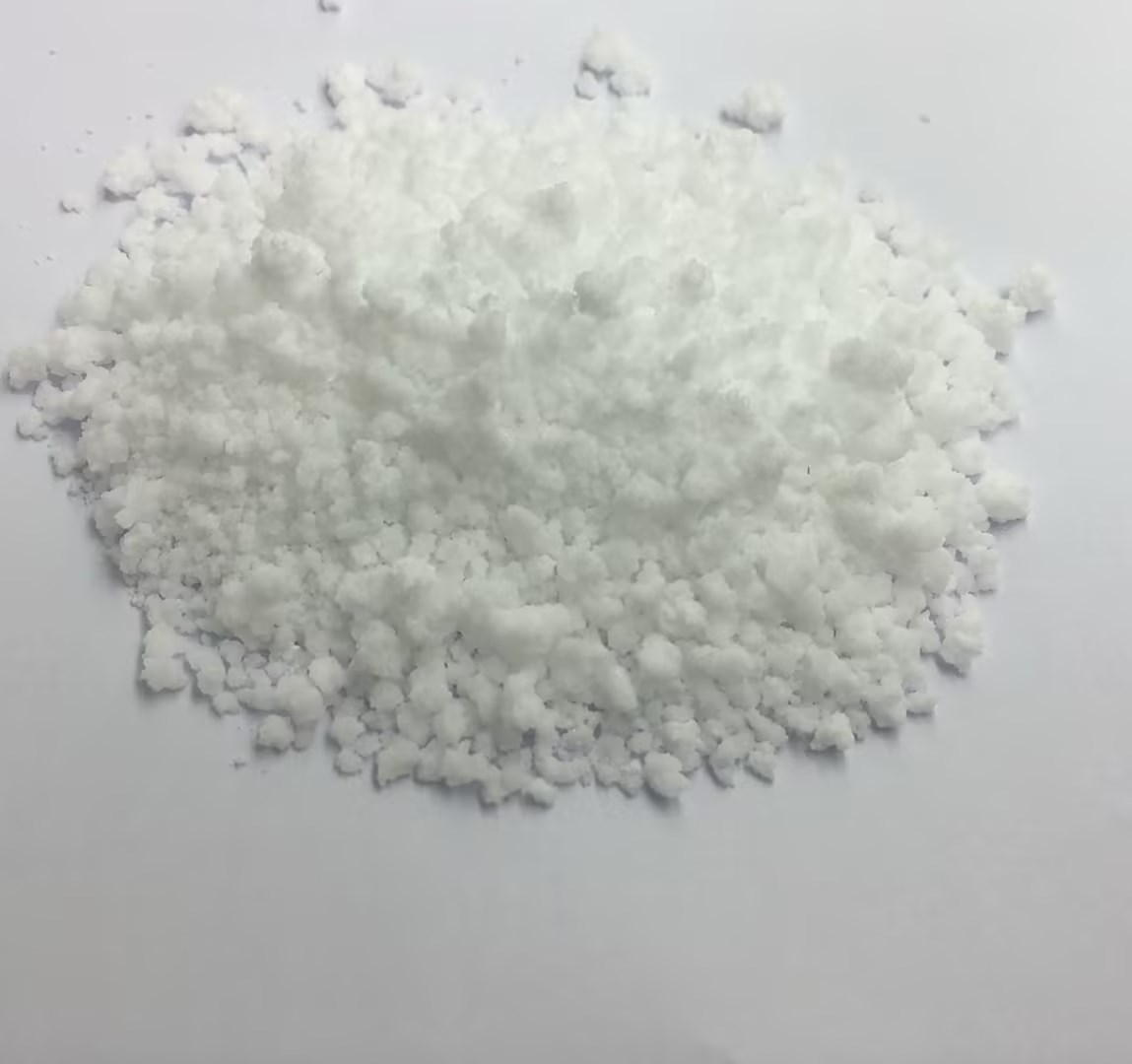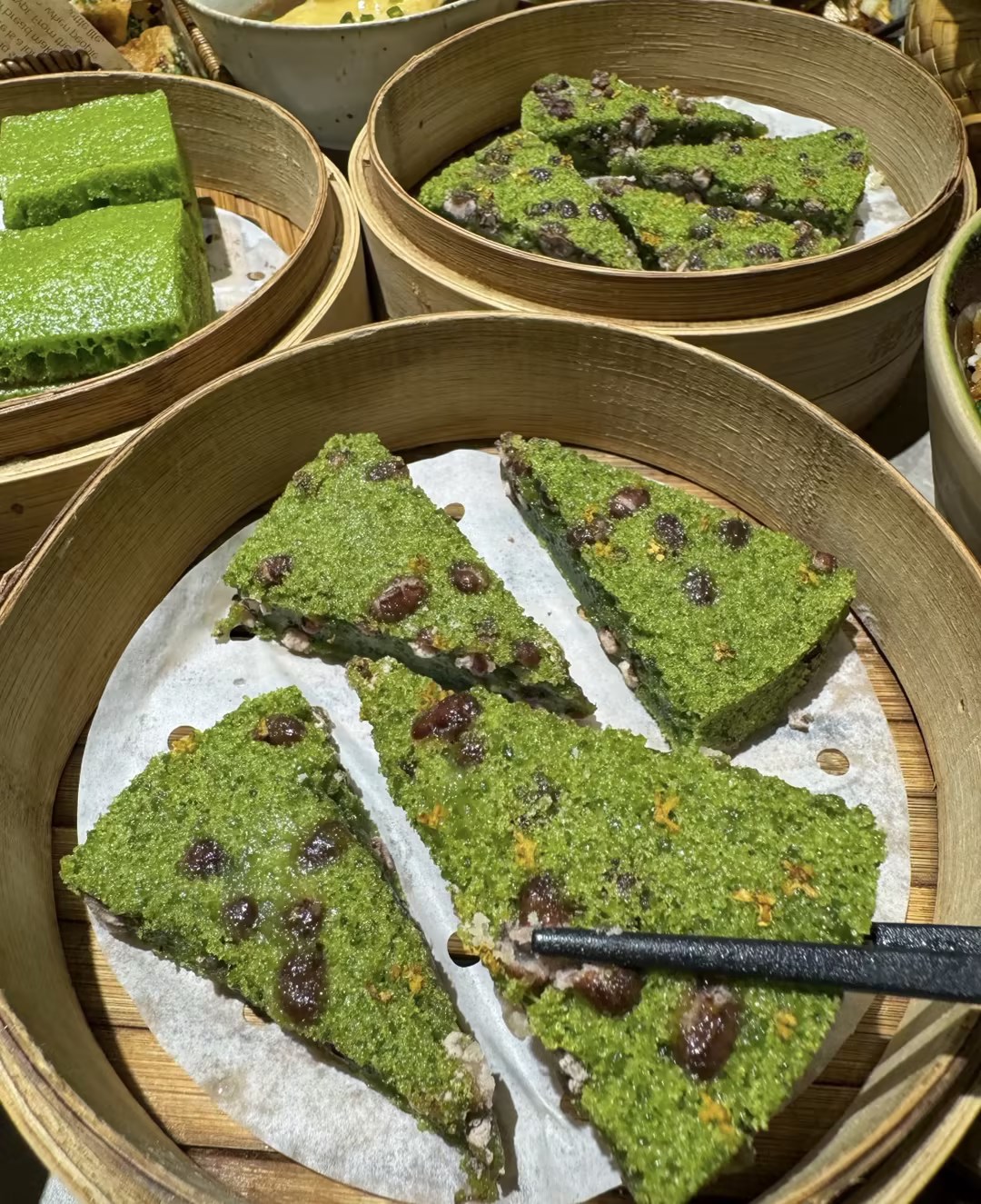Application of White Carbon Black in Food Additives
Product link: https://www.iotasilica.com/product-iota-precipitated-silica-series-for-food-additives.html
White carbon black, as a food additive, has a wide range of applications in the food industry. It is an inorganic compound mainly composed of silica, which is non-toxic, odorless, and chemically stable, and meets the safety standards for food additives.

The application of white carbon black in food is mainly reflected in the following aspects:
Firstly, white carbon black can serve as an anti caking agent for food.
In some powdered foods, such as milk powder, powdered sugar, salt, etc., clumping is prone to occur, which affects the appearance and effectiveness of the product. The addition of white carbon black can effectively prevent the mutual adhesion between food particles and maintain the loose state of food. This is because white carbon black has good adsorption and dispersion properties, which can form a thin protective film on the surface of food particles, preventing contact and aggregation between particles. For example, adding an appropriate amount of white carbon black in the production process of milk powder can ensure good fluidity during storage and transportation, making it convenient for consumers to use.
Secondly, white carbon black can also serve as a stabilizer for food.
In some liquid or semi liquid foods, such as beverages, jam, tomato sauce, etc., white carbon black can stabilize the structure of the food and prevent solid particles from precipitating or separating in the food. It forms a uniform suspension system by adsorbing water and solid particles in food, thereby maintaining the stability and consistency of the food. For example, adding white carbon black to beverages can prevent solid components from settling to the bottom, ensuring that the beverage maintains a uniform appearance and taste throughout storage and sales.

In addition, white carbon black also has certain adsorption properties and can be used for decolorization and deodorization of food. In some food processing processes, there may be some adverse colors or odors that affect the quality of the food. White carbon black can improve the color and flavor of food by adsorbing these impurities. For example, in the refining process of edible oil, white carbon black can adsorb pigments and odorous substances in the oil, improving the quality of edible oil.
 The application of white carbon black in food additives has strict safety standards and scope of use
The application of white carbon black in food additives has strict safety standards and scope of use.
According to relevant regulations, the use of white carbon black must be controlled within the prescribed range to ensure the safety and nutritional value of food. At the same time, the production process of white carbon black also needs to comply with strict environmental requirements to reduce its impact on the environment.
In short, white carbon black plays an important role as a food additive in the food industry. It can be used as an anti caking agent, stabilizer, and adsorbent to improve the appearance, taste, and quality of food. With the continuous development of the food industry and the increasing demand for food quality, the application of white carbon black in the field of food additives will become more widespread, providing strong support for the development of the food industry.




